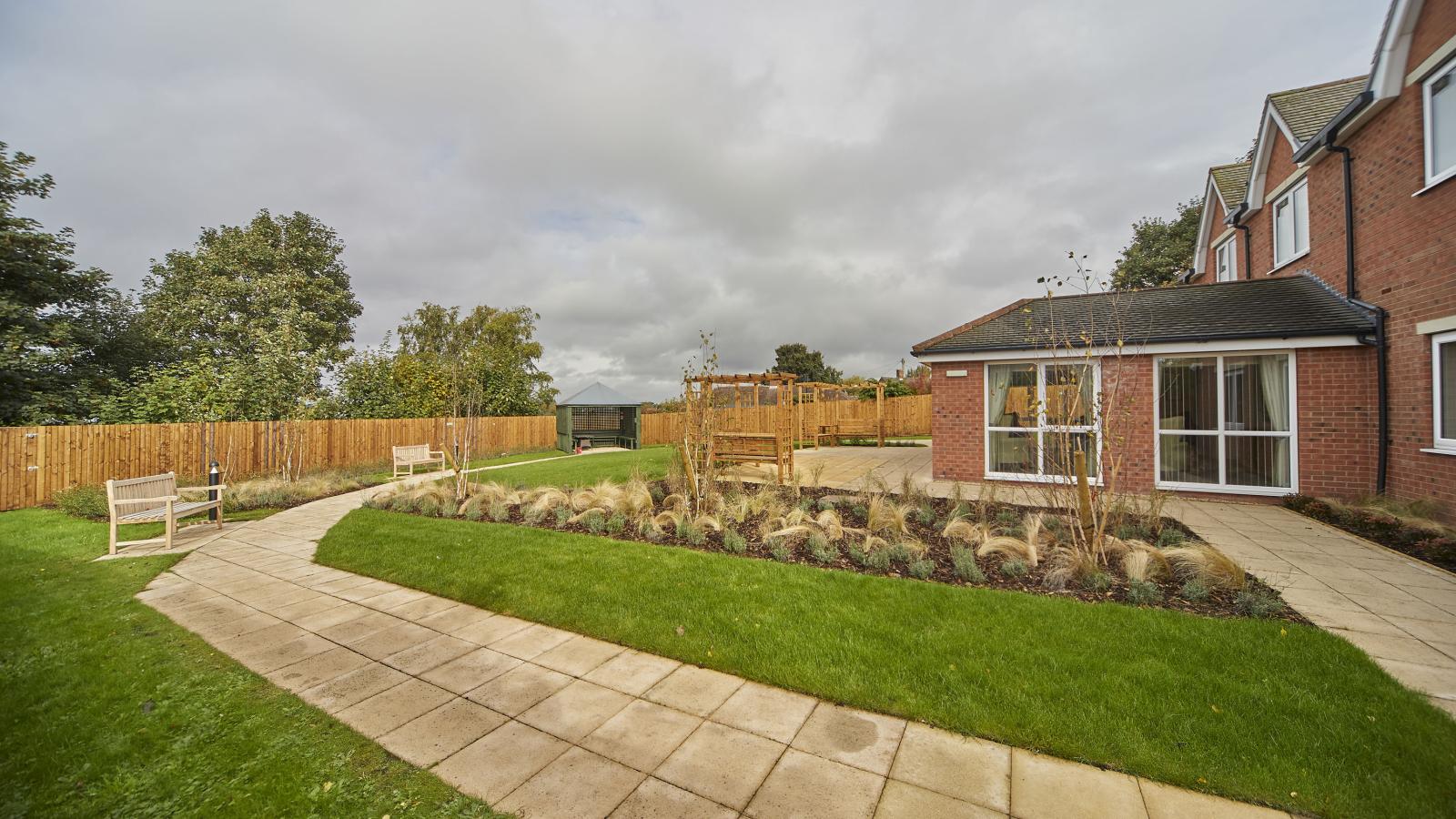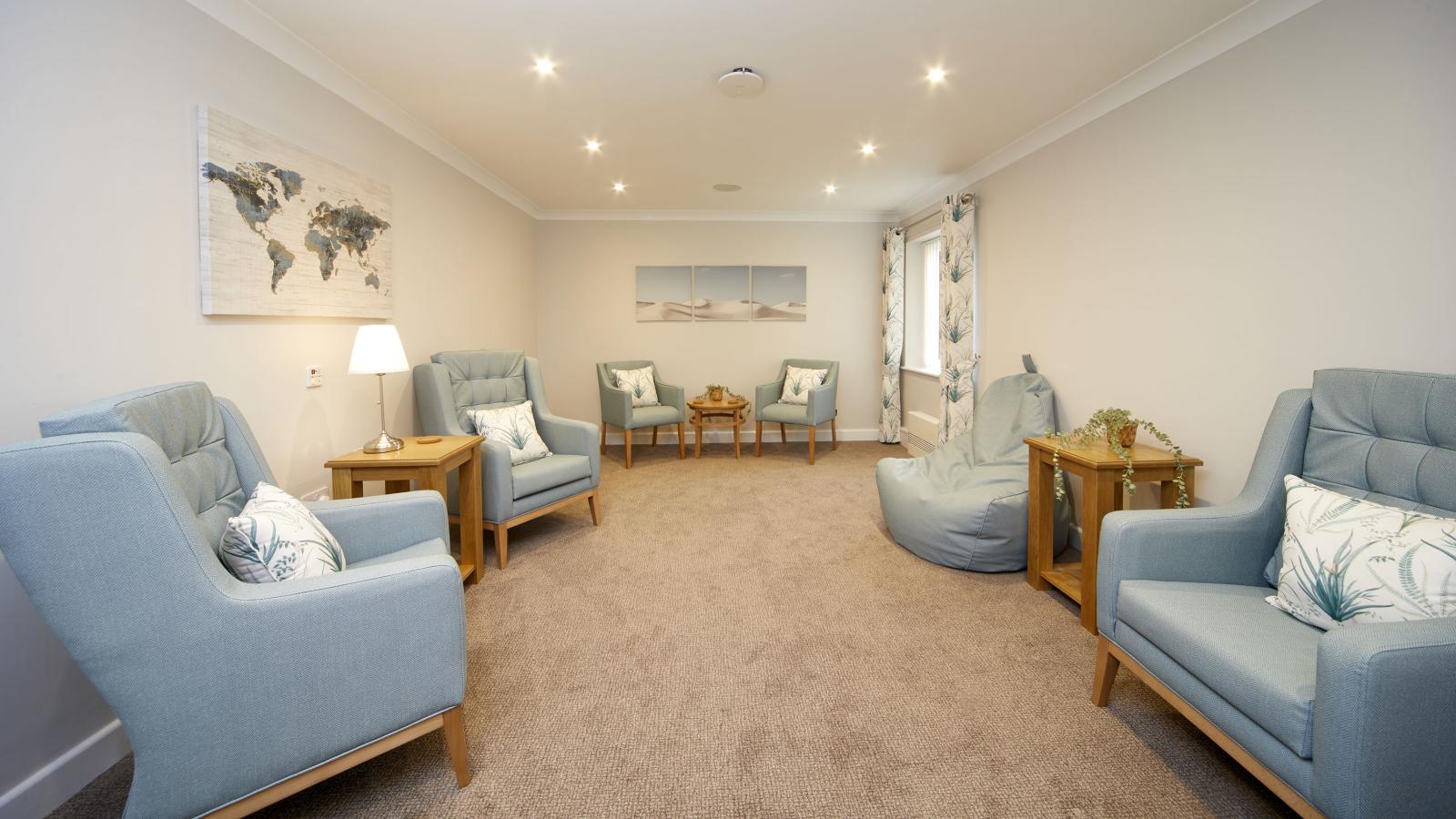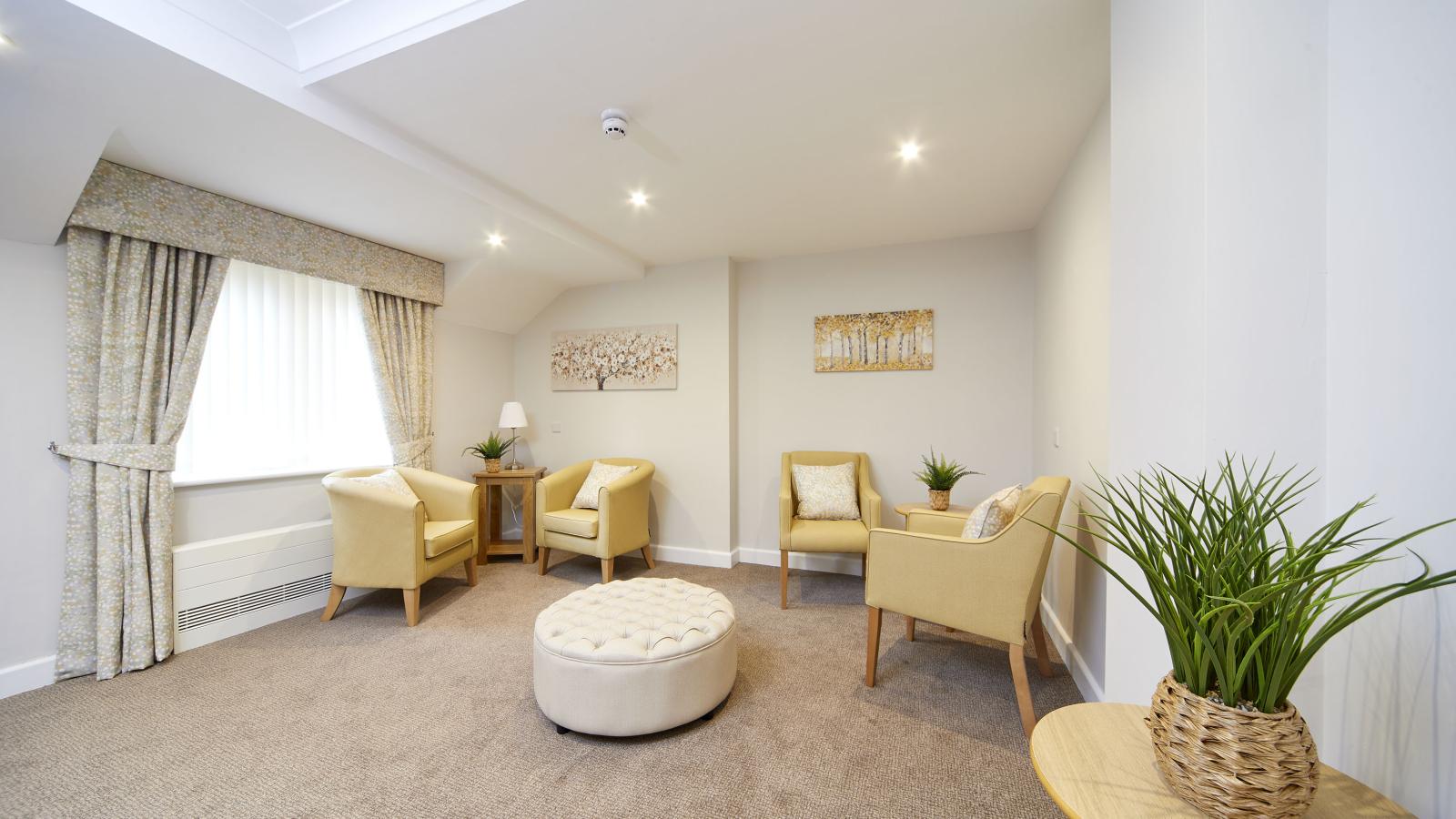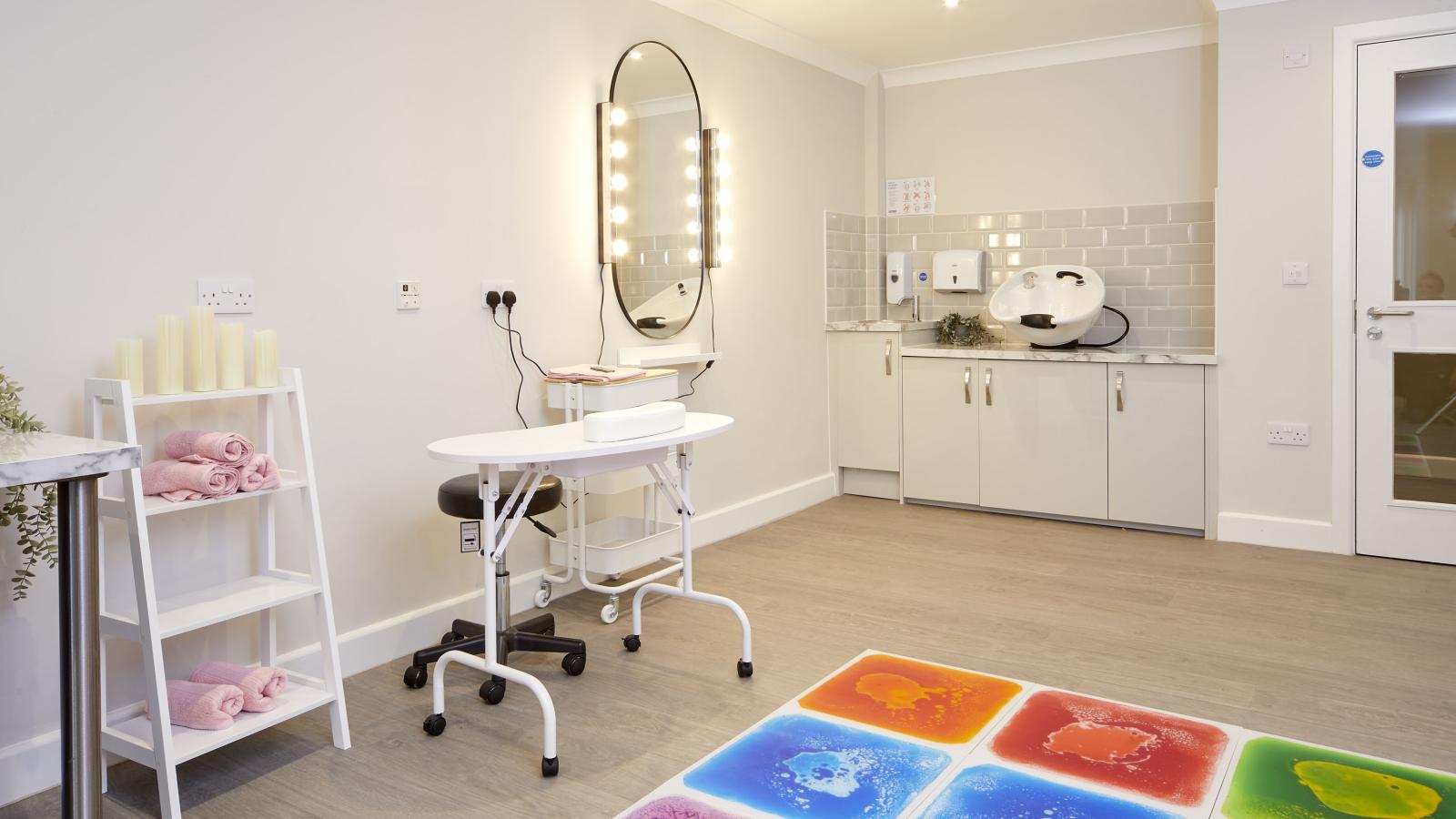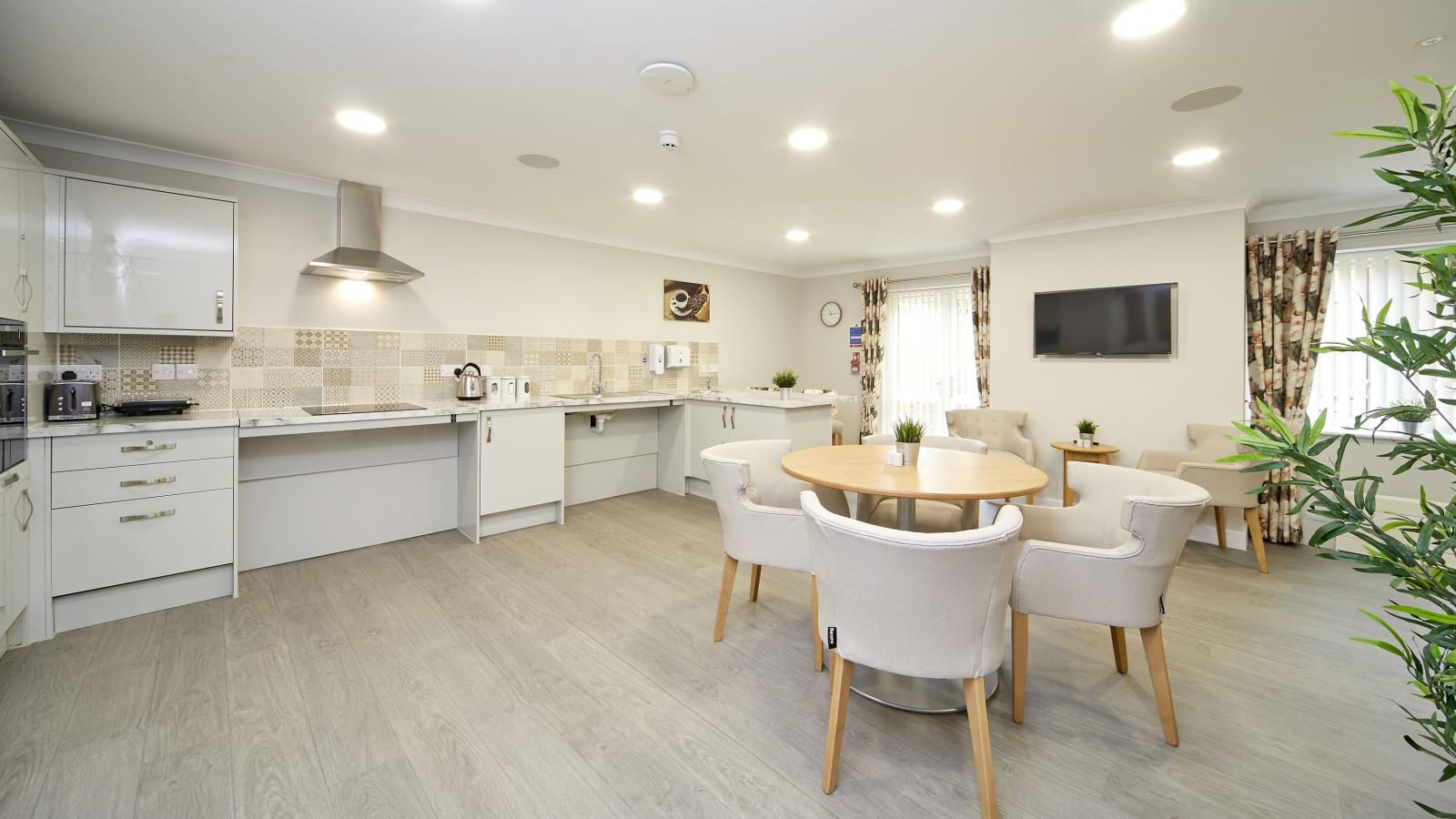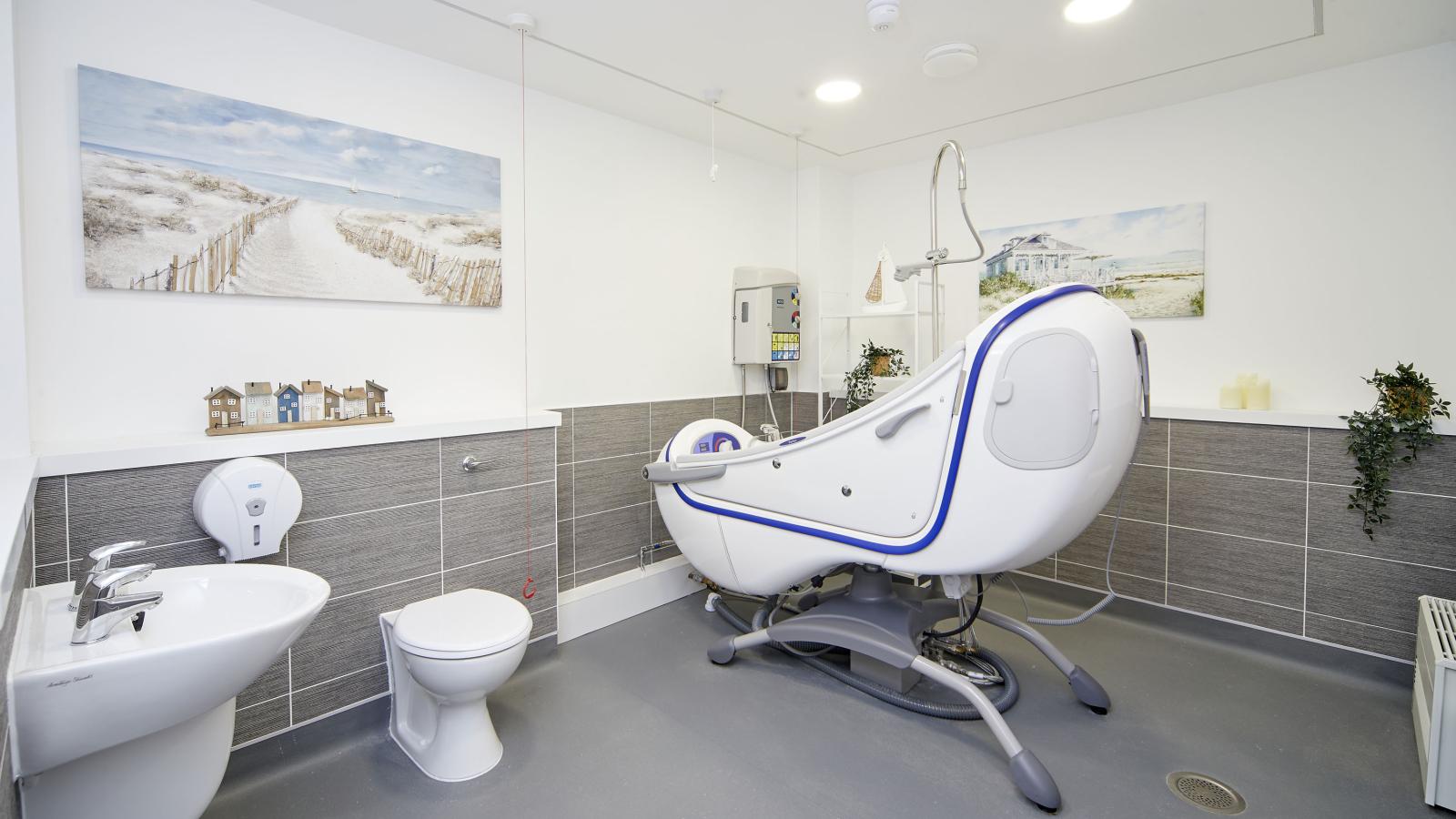At Hamilton Springs in South Elmsall, we support adults living with complex needs arising from brain injuries, mental health conditions, neurological conditions, and physical disabilities.
In this blog, Home Manager Claire Phelps shares her approach to creating a safe, therapeutic environment where people with highly complex histories can thrive. Drawing on her extensive experience in dementia care and secure mental health settings - including Rampton Hospital - Claire explains how she uses the biopsychosocial model to shape a culture of person-led care, risk management, and meaningful engagement.
Whether you're working in secure services, acute mental health, social care, or commissioning, this insight into how Hamilton Springs supports complex referrals may help you find the right next step for someone in your care.
Applying the biopsychosocial model to care
"Throughout my career, I’ve developed a reputation for working with a very specific profile of service user, particularly the challenge of working with individuals diagnosed with severe and enduring mental illness.
"I have a keen eye for assessing risks and making interventions to prevent potential incidents.
"I spend time working on the units, and without fail, communicate with each service user, every day. They know that I will follow up on any expectation or promise I make, and as a result, I’ve built trust with everyone living at Hamilton Springs.
"Since opening last year, I’ve embedded a culture using a biopsychosocial model of engaging with people, understanding them, developing the relationships, and providing care with them, not to them."
Get to know the history of your service users
"Firstly, it’s important to let them lead you and work within their boundaries. We’re here to make their day better, not ours.
"I like to ask the team to put themselves in their shoes and think about how they would feel having care provided to them.
"Then, you need to understand what your service user needs - you've got to think: "Right, OK, what does this person need?”
"You’ll already know about any risks, but no documentation can tell you everything. It can’t provide you with a whole-person approach that meets not just clinical, but also emotional, mental, physical, social, and spiritual needs.
"To prevent potential incidents, you need to find out what those relapse signs are.
"By getting to know your service user, you can act before an incident happens."

Get to know the communities in your service
"It’s crucial to get to know how each individual can, or can’t, live together in one service.
"You need to think beyond what’s in front of you, and think two steps ahead.
"If one morning an individual is presenting a risk, that day you know that another individual needs to spend the day elsewhere.
"Hamilton Springs isn’t a high-secure facility, instead, we’re very lucky to have lots of space. We have a central activity hub and accessible garden, and each unit has a dining room, lounge, quiet lounge and sensory bathroom.
"Meaning the team have different areas to utilise for activities, or de-escalation, if its required."
Involve everyone in the process
"The team at Hamilton Springs are all on board with this approach.
"We have a multidisciplinary team of Health Care Assistants, Registered Nurses, Activities Coordinators, a Physiotherapist and Occupational Therapist, all working together to meet people’s needs.
"We develop therapeutic relationships by engaging with people. I’ve seen too many care homes rely on TV’s, but that creates boredom, which may cause issues.
"I want people to continue to have a life, a life of fulfilment, and not one that’s to a schedule.
"At Hamilton Springs, we work creatively to develop meaningful activities, using the skills of our own team to help people engage in ways that are personally fulfilling and aligned with their interests, enhancing their quality of life."
If you’re looking for a complex care placement in the area, please get in touch with our Referrals Team on 01709 565777 or referrals@exemplarhc.com.



Explore care homes across England for adults with complex needs.
Get in touch to discuss a complex care placement for someone you support.
Explore rewarding roles with training, support, and chances to grow.
Reach out with questions about care placements, jobs, or general enquiries.

